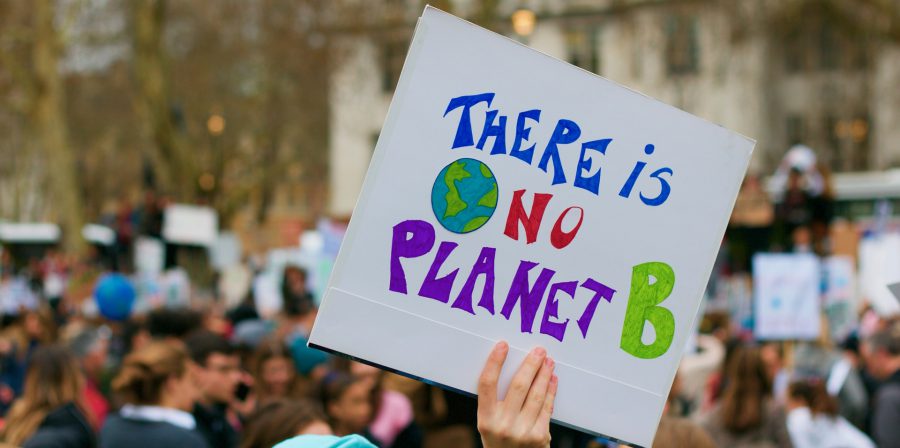What is Food Activism and How Can You Get Involved?
22nd May 2019

Humans have a powerful relationship with food. We have our favourite snacks, comfort food, guilty pleasures and food we simply can’t go a day without. Food is commonly linked to our past, invoking remembrances of people or events from long ago, and emotions can be tied with certain dishes, aromas or recipes. We rely on food for nourishment and pleasure, but as we take a bite of an apple or polish off a Sunday dinner, we rarely think about the political and ethical dilemmas intrinsically connected to food production.
In this article, we’d like to open up that conversation.
What is food activism?
There are numerous issues that can be discussed with regard to food, including: sustainability, the ethical treatment of animals, food wastage, food distribution, farming practices and more. Food activism is a way of shining a light on these issues, and looking for ways to prevent them, minimise their impacts or educate people on their significance.
The easiest example of food activism comes with vegetarianism and veganism. Spurred by the mistreatment of animals — being raised for slaughter or animals caged and intensively farmed in poor living conditions — activists often try to spread the word and fight against the acceptance of this process.
There has also been a recent push against food wastage in supermarkets across the UK. In 2016, in France, following widespread criticism of needless wastage of food beyond its use by date — or even fruit and veg deemed to be ‘past their best’ — it became law that large shops had to donate unsold food to charities and/or food banks. This kind of scheme has been encouraged in the UK, but to no avail.
Activism can take many forms. From protests and public campaigns to using social media to raise awareness, arranging community food drives and food banks; food activism can be easily found and engaged with by anybody.
Ethical food sales in the UK
Is there evidence that food activism is having an affect? If you look at the ethical food sales statistics in the UK, there’s reason to believe it is. According to Mintel, sales of ethically-sourced food and drink has risen by 43% since 2013. In the UK, we are expected to be spending around £8.6 billion in 2019 on ethical food — the figure was only £5.7 billion in 2013.
However, education surrounding ethical food sources — organic, Fairtrade — still needs to be improved, with only 49% of UK adults believing that their food and drink choices had any effect on the environment.
The cost of buying ethical food is also a significant obstacle. For everyday purchases, buying food that is sourced ethically or sustainably simply isn’t feasible. As demand increases, cost will naturally adjust, but for the moment, the struggle between raising awareness and the high-price of sustainable foods is definitely a major factor.
What can I do to make a difference?
The great thing about food activism is that anyone can be a part of it. Many people take on vegan or vegetarian lifestyles to mitigate the impact on livestock, while others look towards a community focus, becoming involved in local food bank schemes to curb food wastage, for instance.
Food activism doesn’t have to be a public statement. Simply learning about the effects of food waste and adjusting your buying and eating habits can have an affect. Donating food to food banks, being more mindful of how much food you need each week, or sharing information between colleagues and friends, these are all ways to engage with food activism and make a difference.
Why should I become a food activist?
You don’t need to become a food activist to make a difference. The important thing is understanding the reasons behind food activism and the topics that arise because of food wastage, animal welfare and sustainability. By hearing other viewpoints and sharing knowledge with those around us, we can raise awareness and mitigate our own impact on the environment.
Kruger Cowne are committed to raising awareness around the topic of ethical food and food activism. Our Breakfast Club event on 29th May is a coming-together of knowledge and passion around the subject, discussing these vital issues and shedding more light on them and their consequences. If you’d like to join us for this fantastic event – featuring Oliver Peyton and Selene Nelson — register your interest today.





